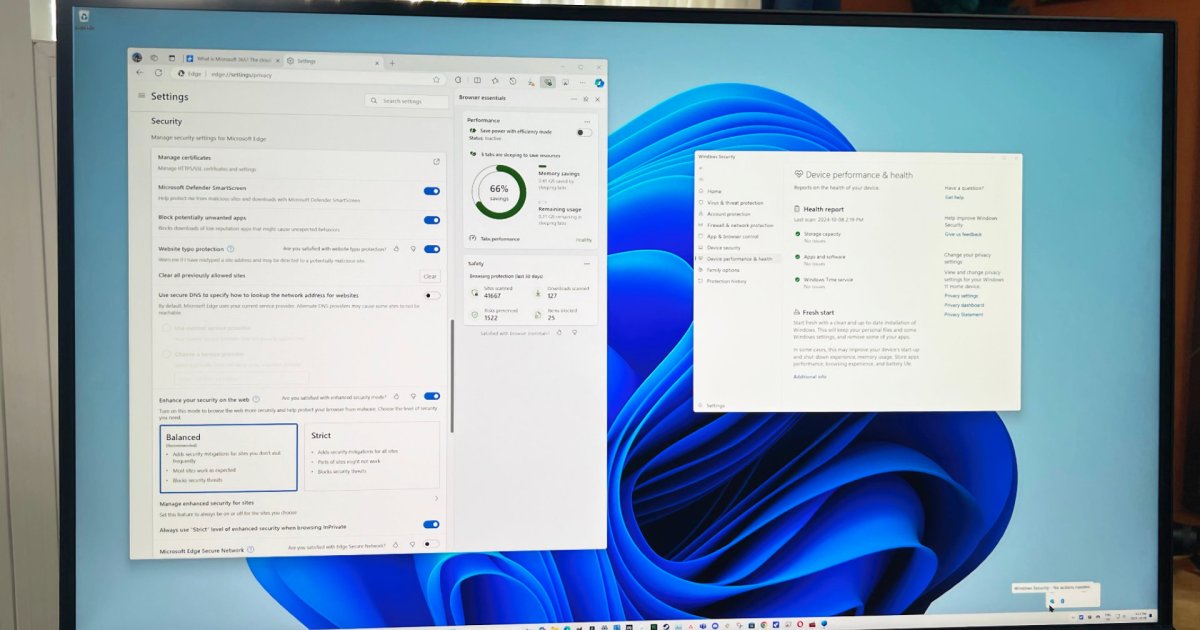In a regulatory filing on Friday, Zuojiang Technology said that its shares will cease trading in the Shenzhen bourse on July 26. This comes after the company was not able to present a clean audit report for its 2023 financial results, which prompted the Shenzhen Stock Exchange to move for its delisting.
The delisting notice sent shock waves across the Chinese investor community, which had pushed Zuojiang Technology’s stock to a high of 300 yuan (US$41.26) a year ago when the company was touted as a key player in China’s semiconductor self-sufficiency efforts. The stock closed at 6.94 yuan on April 26 before its trading was suspended.
Founded in 2007, Zuojiang Technology started as a designer, manufacturer and vendor of hardware used in cybersecurity applications.
DPU is a programmable chip that tightly combine a central processing unit with network interface hardware, which became an in-demand component just like graphics processing units for computing infrastructure used for AI projects. Zuojiang Technology touted that its China-developed NE6000 DPU matched up with the performance of Nvidia’s own Bluefield-2 DPU.
Zuojiang Technology, however, reported last December that its DPU sales last year failed to meet expectations, according to its stock exchange filing at the time. The company said that it only signed one contract for DPUs that covered 400 units of its NE6000, which were delivered to a trading company. Those goods were later classified as “not in actual development or sales” because the client enterprise that bought the chips did not use most of them.







